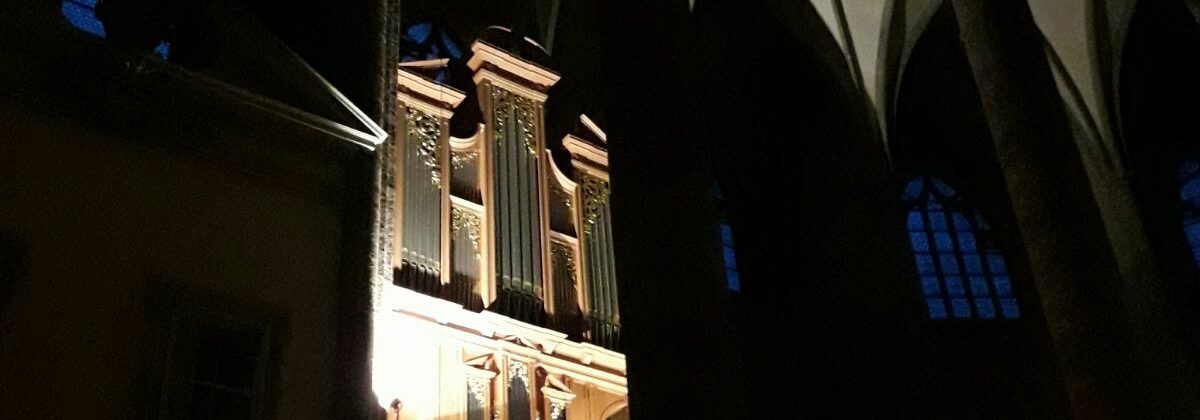
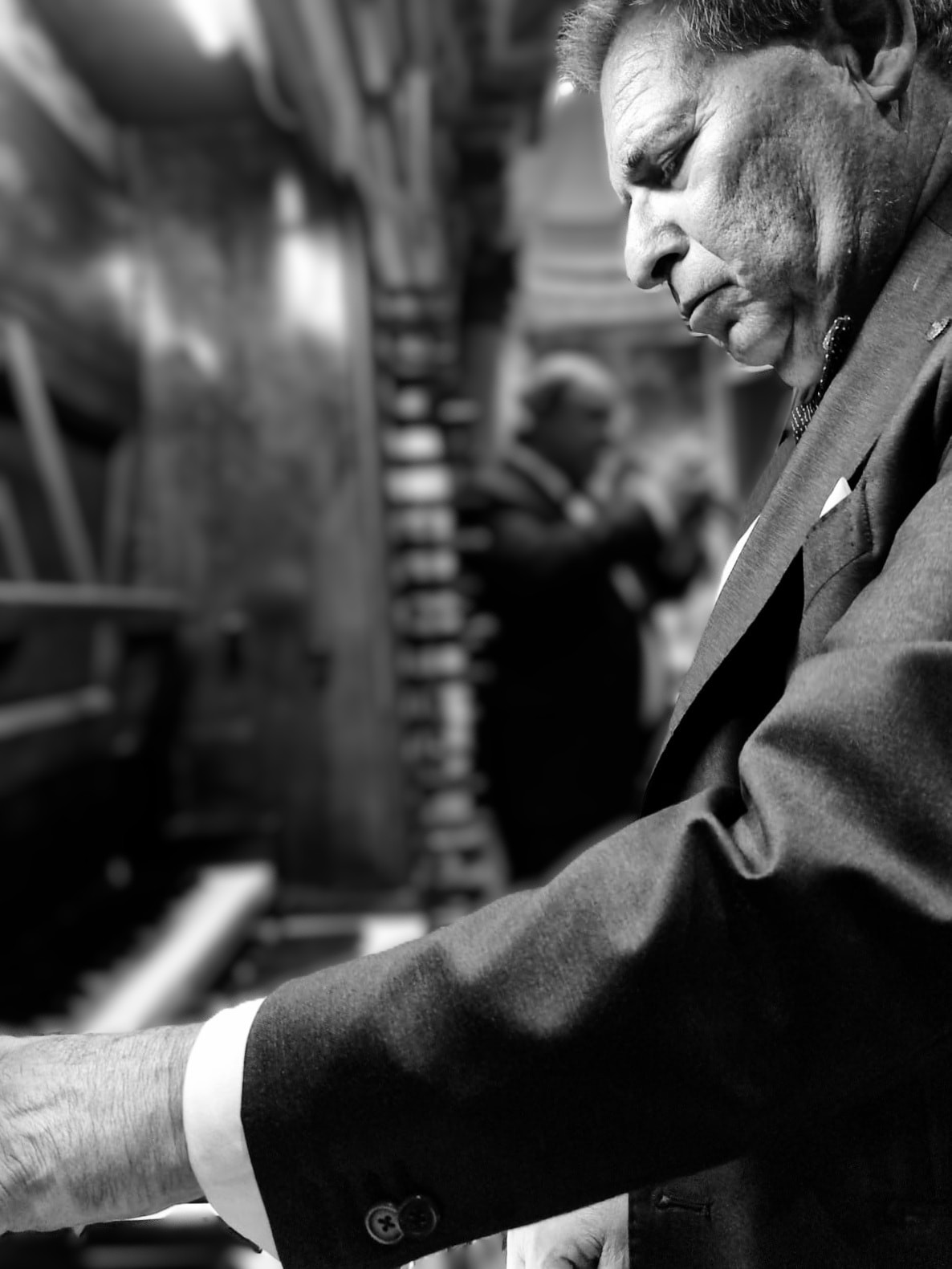
MARCO D’AVOLA (1959) is a Sicilian composer, organist and pianist. He got his diplomas from the “Vincenzo Bellini” Music Conservatory in Palermo, with full marks and “summa cum laude”. Then he has followed many stages of high school made by Luigi Ferdinando Tagliavini, Arturo Sacchetti (the Vatican Radio), Odile Pierre, Oscar Mischiati, Bruno Canino, Jorg Demus, Paul Badura Skoda, Maria Regina Seidlhofer, Gjorgy Sandor.
As organist, he has given a lot of recitals in Europe, United States and Russia for the most important International Organ Festivals including: St. Patrick’s Cathedral, St. Thomas Church, Queens College, Westchester College, New York; National Cathedral, Washington; St. Patrick’s Cathedral, Philadelphia; Shostakovich Philharmonia, Saint Petersburg; Westminster Abbey, St. Paul’s Cathedral, St. Martin in the Fields, St. Margareth Lotbury, London; St. John Cathedral, Norwich; Leys College, Cambridge; St. Cutberth Cathedral, Edinburg; St. Germain l’Auxerrois, La Madeleine, Paris; Saint Benigne Cathedral, Dijon; Obernai Cathedral, Strasbourg; Cathedrale du Papes, Avignon; Grenoble; Cathedral, Montpellier; Notre Dame des Neiges, Alpe d’Huez; Kaiser-Wilhem Gedachtnische Kirche, Berlin; Dom Speyer; Christuskirche, St. Bonifaz Basilik, Munich; Nikolaikirche, Leipzig; St. Stephen’s Cathedral, Passau; Kreutzkirche, Dresden; Cathedral, Mainz; St. Bernard, Hamburg; Stiftsbasilika, Waldsassen; St. Markuskirche, Hannover; Friedenskirche, Potsdam; St. Anne, Aachen; Sancta Maria de Victoria, Ingolstadt; Cathedral, Altenberg; Marktkirche, Wiesbaden; Franziskanerkirche Festival, Pforzheim; St. Anna, Wien; Internationale Salzburger Orgelkonzerte, Salzburg; Cathedral, Klagenfurt; St. Mathias Templom, Budapest; Cathedral, Lausanne; Catholic St. Paul Cathedral, Zurich; The Papal Institute of Sacred Music, Festival San Marcello al Corso, Rome; San Miniato al Monte Abbey, Basilica d’Ognissanti, Palazzo Strozzi, Florence; Basilica de’ Frari, Venice; Historical Organ Festival, Bologna; Turin; Basilica Superiore di San Francesco, Assisi; Settimana di Musica Sacra di Monreale, San Martino delle Scale Abbey, Teatro Massimo, Palermo; Festival Limbourg-Maastricht; Luzern; Cathedral, Odense; Morella-Valencia; Igualada-Barcelona; Cathedral, Palma de Mallorca; Bruxelles; St. Peter and Paul’s Cathedral, Antwerpen; Oostende; Philharmonic Orchestra State Bielorussia, Minsk; Cathedral, Warsaw; Academy of Music, Krakow; Fylarmonia Opolska; Fylarmonia Olsztynia; Manoel Theatre, University, Malta; Festival of Contemporary Music, Bacau; Cathedral, Tunisi.
As a composer, he has written a considerable number of symphonic, choral and instrumental works including: the “Messa di Requiem”, dedicated to the Pope John Paul II at the Vatican and performed by the Fylarmonia Opolska; five Concertos for organ and orchestra (the no. 1 op. 29 performed by the Philharmonic Orchestra State Bielorussia, Minsk; the no. 3 op. 38 performed by the Franziskanerkirche Orchestra (Mozarteum), Salzburg); two Concertos for piano and orchestra (the no. 1 op. 41 performed at the International Festival of Contemporary Music, Bacau; the no. 2 op. 43 performed by the National Aegyptian Philharmonic Orchestra, Cairo); the “Te Deum”; the “Stabat Mater”; “Sinfonia degli Hyblaei”; three Organ Sonatas; Toccatas and Fugues; two Sacred Oratories (the no. 2 op. 49 performed at San Miniato al Monte Abbey, Florence); the “Concerto for cello and orchestra op. 36 (performed for the Teatro Massimo, Palermo).
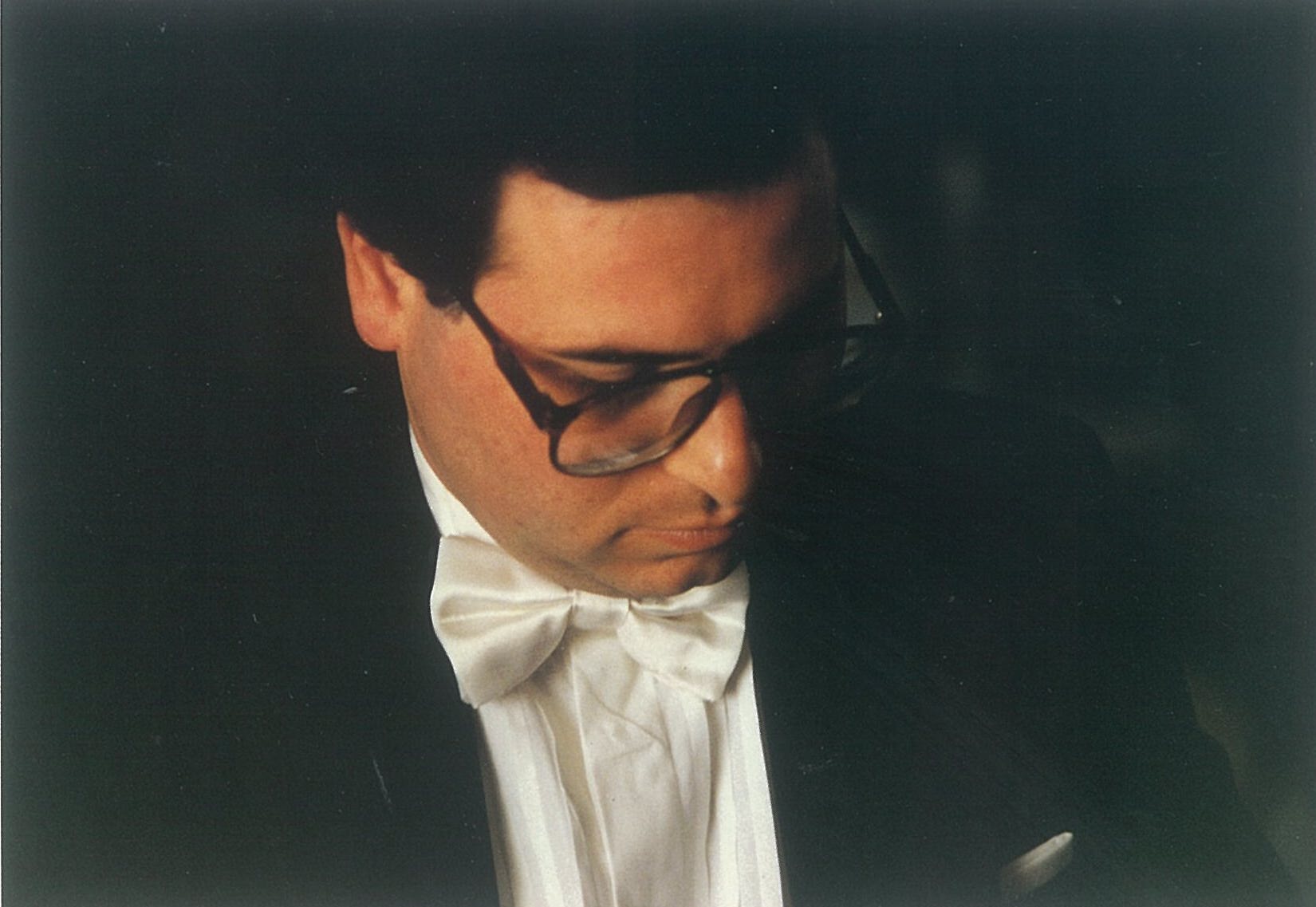
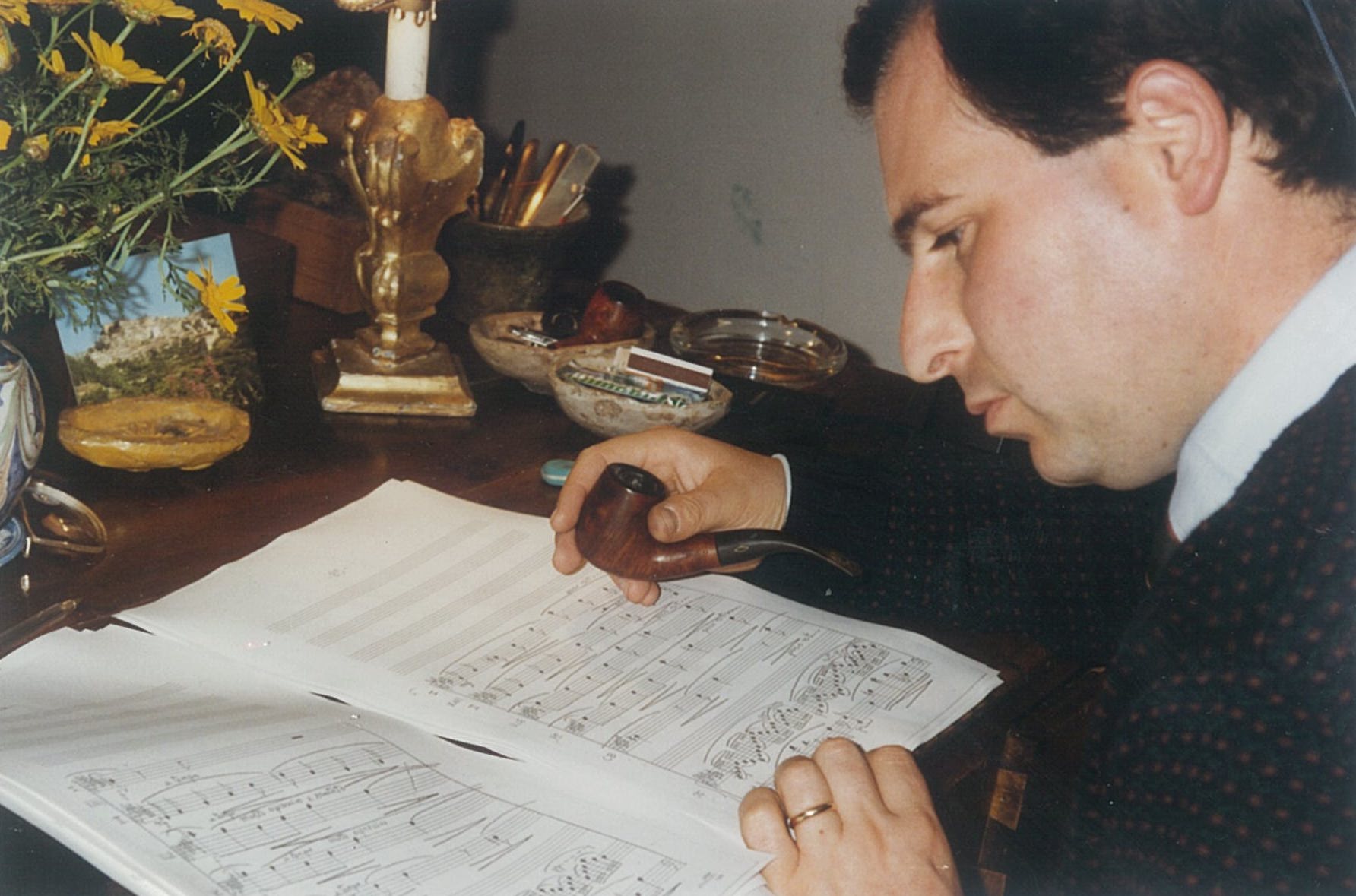
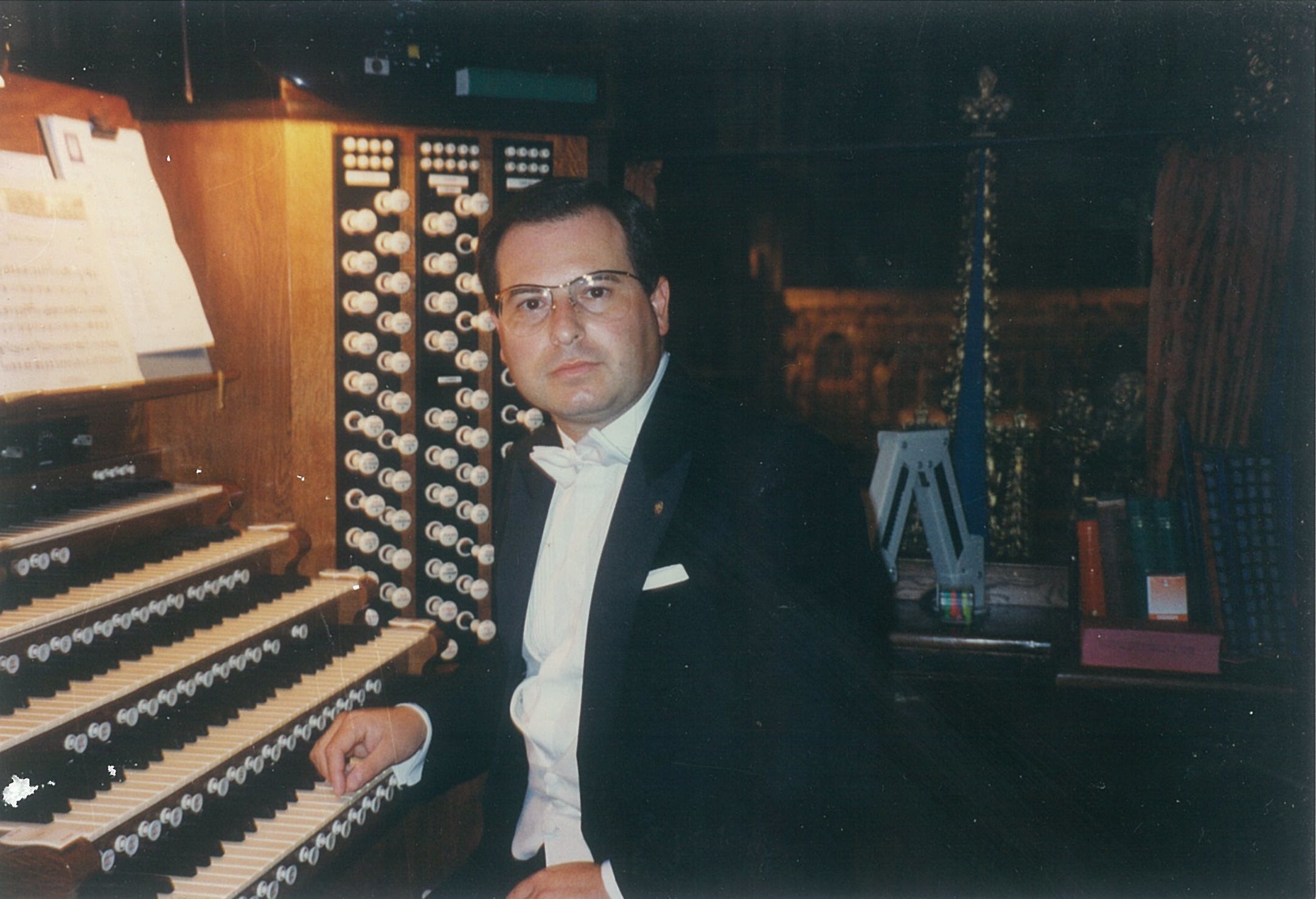
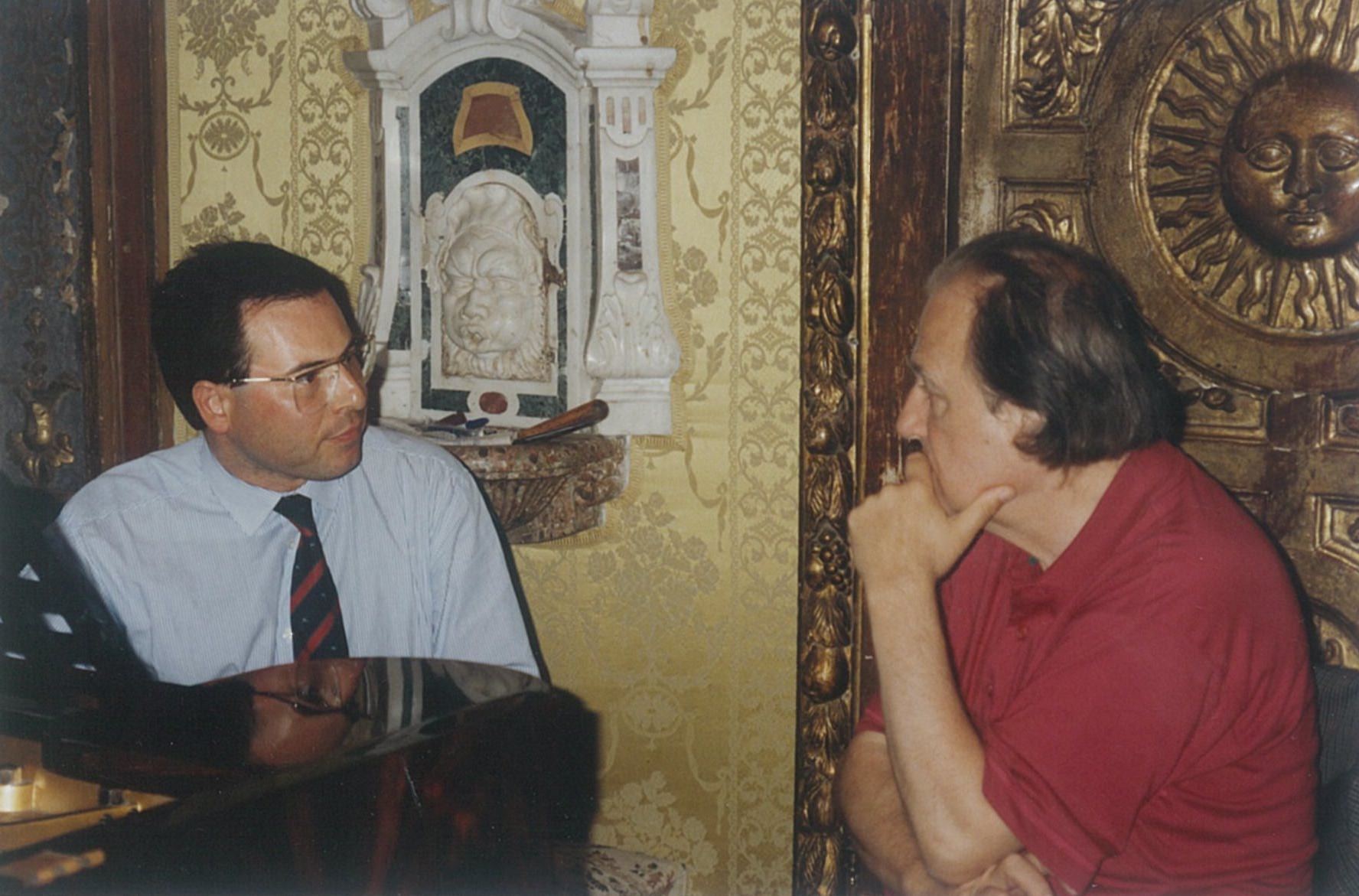
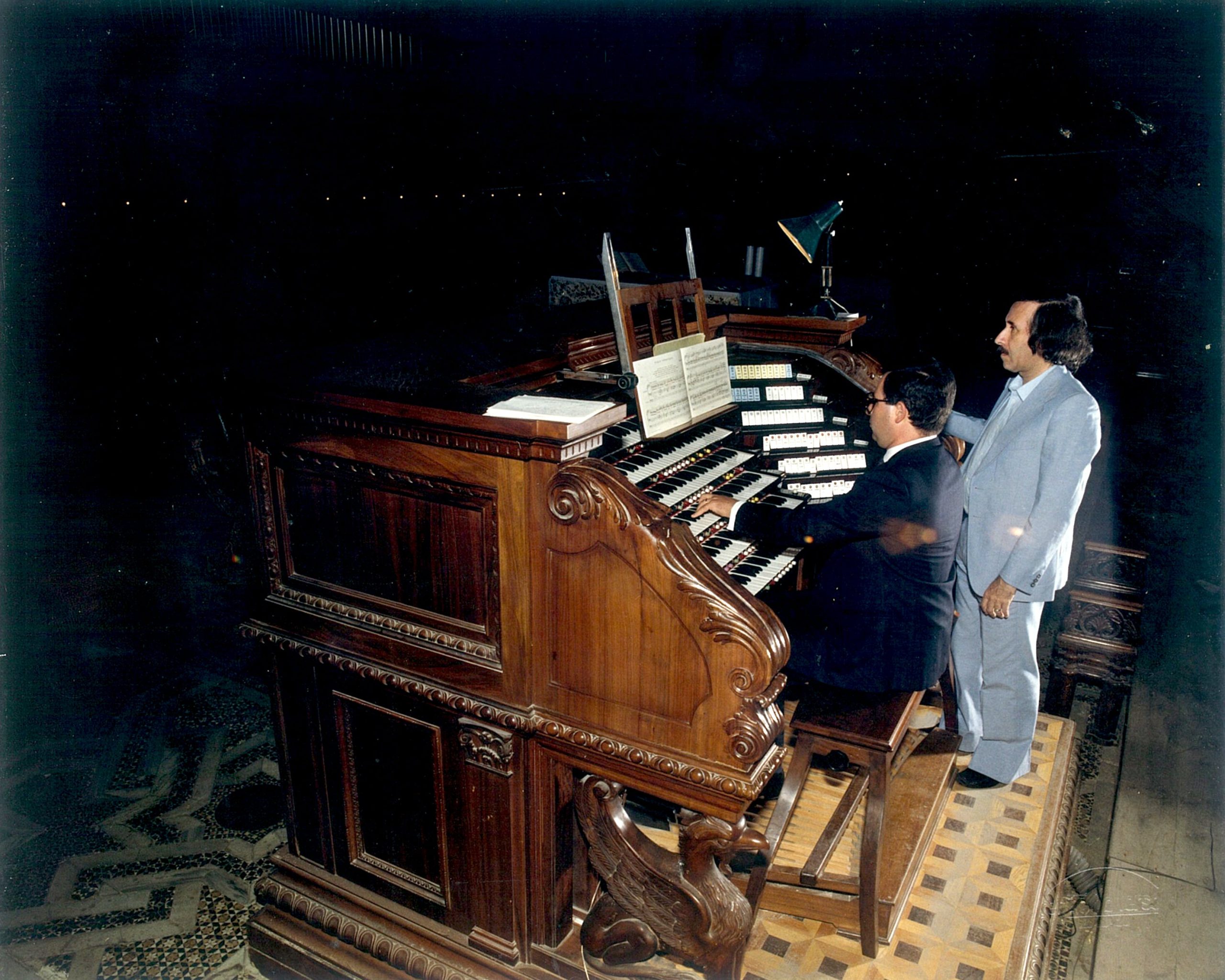
Marco D’Avola is a Fellow of the “Royal College of Organists”, London and of “Fellowship of Rotarian Musicians” (U.S.A.). He his also: Titular Organist of St. John the Baptist Cathedral of Ragusa, Organ Professor at Modica Musical Academy and Artistic Director of the “Città di Ragusa” International Organ Festival; he his Honorary Inspector of the Region of Sicily for the safeguard of historical organs.
His musical compositions have been recorded and published by Pauline Editions (Vatican), I.M.S. (New York), T.G.E. (Switzerland), Berben, Eurarte (Italy), and broadcast by RAI Radiotelevisione Italiana, the Vatican Radio, the German, French, Spanish, Polish and Rumanian Televisions, the KCME Denver (U.S.A.).
Regarding his Concerto op. 29 for organ and orchestra, Prof. Jean Guillou has written: “I congratulate for this work: I enjoyed it through the thoroughness of your very consistent way of writing. The ideas are followed consequently and your musical thoughts are lyrical and always guided by the nobleness of the organ for which the orchestra seems to be a great shadow covering it with regard and respect, eloquence and gravity” (March 2003).
Prof. Harald Genzmer, after hearing his 2nd Sonata for organ, said: “Pedal solo phantastic! I never imagine my sonata could be so suggestive” (St. Bonifaz, Munich, August 1999).